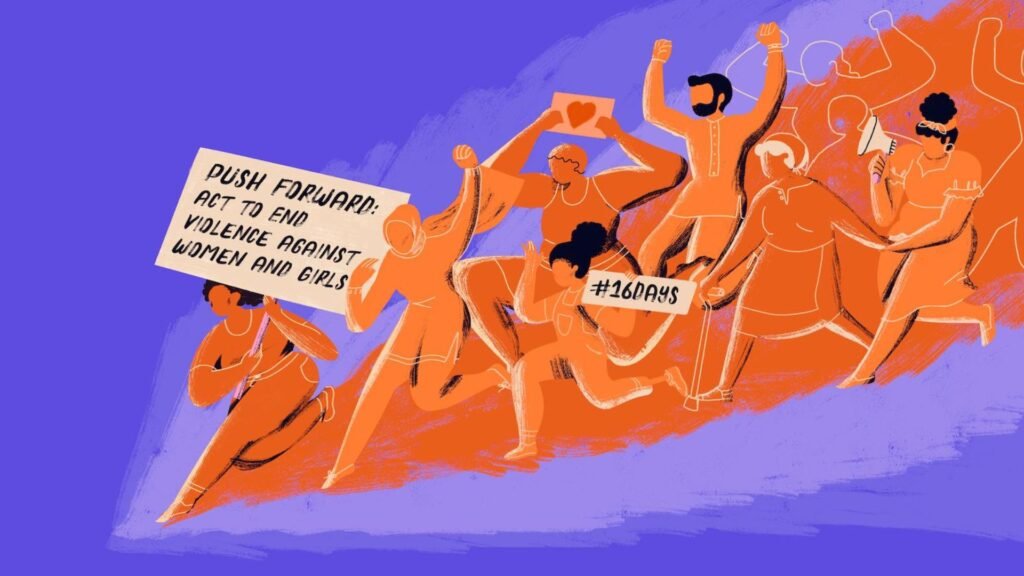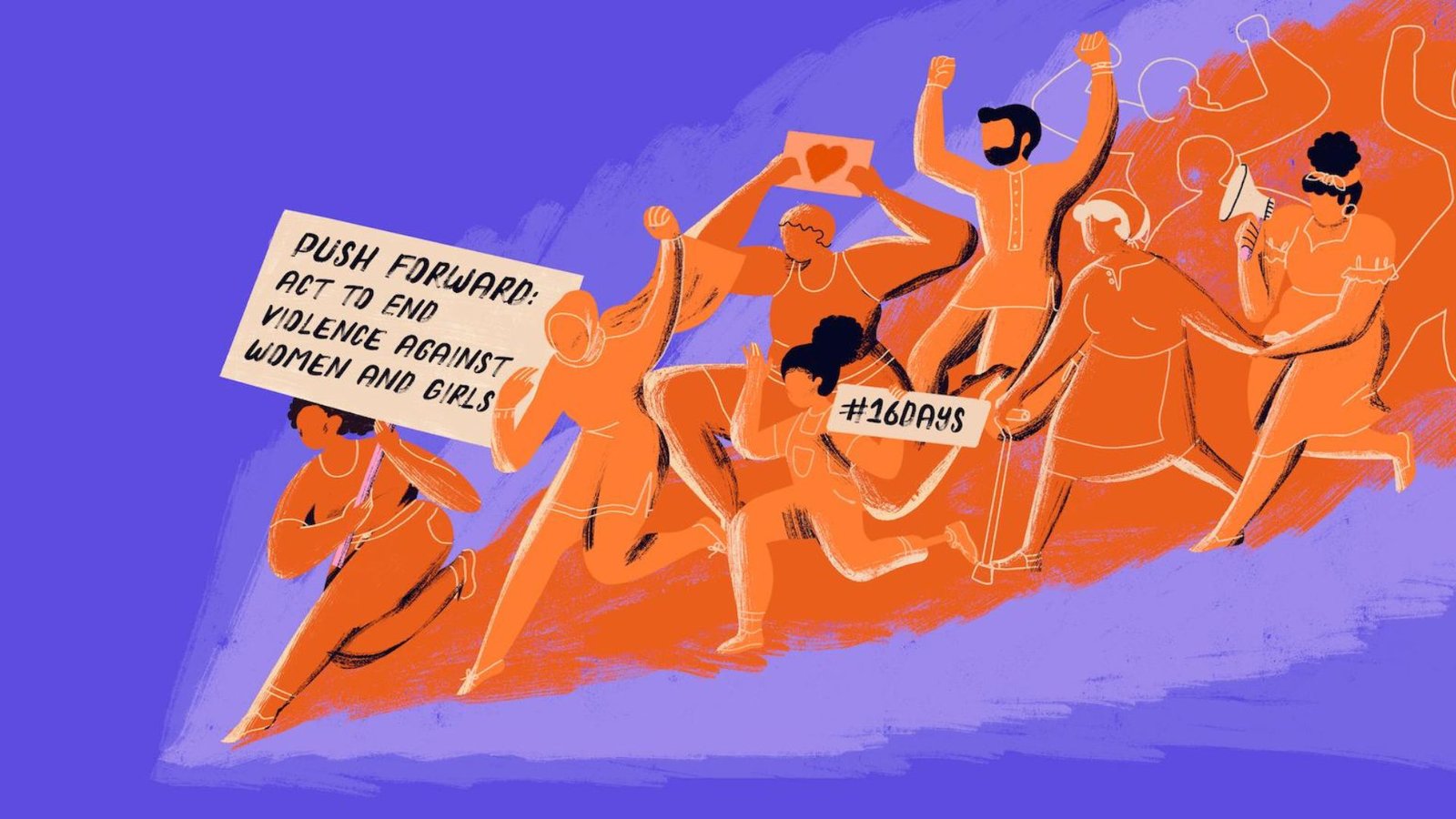How to Get Involved in Human Rights Activism for Gender Issues
Human rights activism focused on gender issues is crucial for promoting gender equality and addressing systemic discrimination. By getting involved, you can contribute to meaningful change, support affected communities, and advocate for policies that advance gender justice. This article outlines practical steps to help you get involved in gender-focused human rights activism, from educating yourself to supporting organizations and advocating for change.

Educate Yourself About Gender Issues
Understand the Challenges:
Start by educating yourself about gender issues and the challenges faced by different gender identities. Read books, articles, and research reports to gain a comprehensive understanding of topics such as gender discrimination, violence, and inequality.
Stay Updated on Current Events:
Follow news outlets, blogs, and social media accounts that focus on gender issues and human rights. Staying informed will help you understand ongoing challenges and identify areas where you can make a difference.
Participate in Training and Workshops:
Attend workshops, webinars, and training sessions on gender issues and human rights activism. These events can provide valuable insights, practical skills, and networking opportunities to enhance your activism efforts.
Support and Volunteer with Organizations
Identify Reputable Organizations:
Find and support reputable organizations that work on gender issues and human rights. Look for groups with a proven track record of advocacy, support, and effective action.
Volunteer Your Time:
Offer your time and skills to assist these organizations. Volunteering can include tasks such as organizing events, providing administrative support, or participating in outreach activities. Volunteering is a great way to gain experience and contribute directly to the cause.
Make Financial Contributions:
Consider donating money or resources to support the work of gender-focused organizations. Even small donations can have a significant impact on their ability to carry out their missions and support their programs.
Advocate for Policy Changes
Engage with Policymakers:
Advocate for gender equality by engaging with local, state, and national policymakers. Write letters, attend town hall meetings, and participate in advocacy campaigns to voice your support for gender-inclusive policies and legislation.
Support Gender-Focused Legislation:
Stay informed about proposed bills and initiatives related to gender equality. Support and promote legislation that addresses gender disparities, protects rights, and promotes justice.
Join Advocacy Campaigns:
Participate in campaigns and petitions that call for policy changes and social reforms. Collaborate with advocacy groups to amplify your efforts and push for meaningful change.
Raise Awareness and Educate Others
Leverage Social Media:
Use social media platforms to raise awareness about gender issues and human rights. Share informative content, support campaigns, and engage in discussions to educate and inspire others.
Organize Events and Workshops:
Host or participate in events, workshops, and panel discussions on gender issues. These events can educate the public, foster dialogue, and build community support for gender equality.
Create and Share Content:
Develop articles, videos, or infographics that highlight gender issues and advocate for change. Use your skills and creativity to produce engaging content that educates and motivates action.
Support Survivors and Affected Communities
Listen and Amplify Voices:
Support and amplify the voices of individuals and communities affected by gender discrimination and violence. Listen to their experiences and use your platform to highlight their stories and advocate for their needs.
Provide Practical Support:
Offer practical support to survivors and affected communities, such as donating to shelters, participating in fundraising events, or providing direct assistance. Your support can make a tangible difference in their lives.
Respect Privacy and Confidentiality:
When supporting survivors, respect their privacy and confidentiality. Approach sensitive topics with care and ensure that your support is respectful and empathetic.
Promote Gender-Inclusive Practices in Your Own Life
Adopt Inclusive Language:
Use gender-inclusive language in your personal and professional interactions. Avoid making assumptions and stereotypes, and strive to be respectful and inclusive of all gender identities.
Advocate for Inclusivity in Your Community:
Promote gender equality in your local community by advocating for inclusive practices in schools, workplaces, and public spaces. Support initiatives that address gender issues and encourage others to do the same.
Lead by Example:
Be a role model for gender inclusivity and activism in your daily life. Your actions and attitudes can inspire others to get involved and contribute to positive change.
Conclusion
Getting involved in human rights activism for gender issues requires a commitment to education, advocacy, and support. By educating yourself, supporting organizations, advocating for policy changes, raising awareness, and promoting inclusivity, you can make a meaningful impact in the fight for gender equality. Every effort counts, and by working together, we can create a more just and equitable world for all individuals, regardless of gender.



